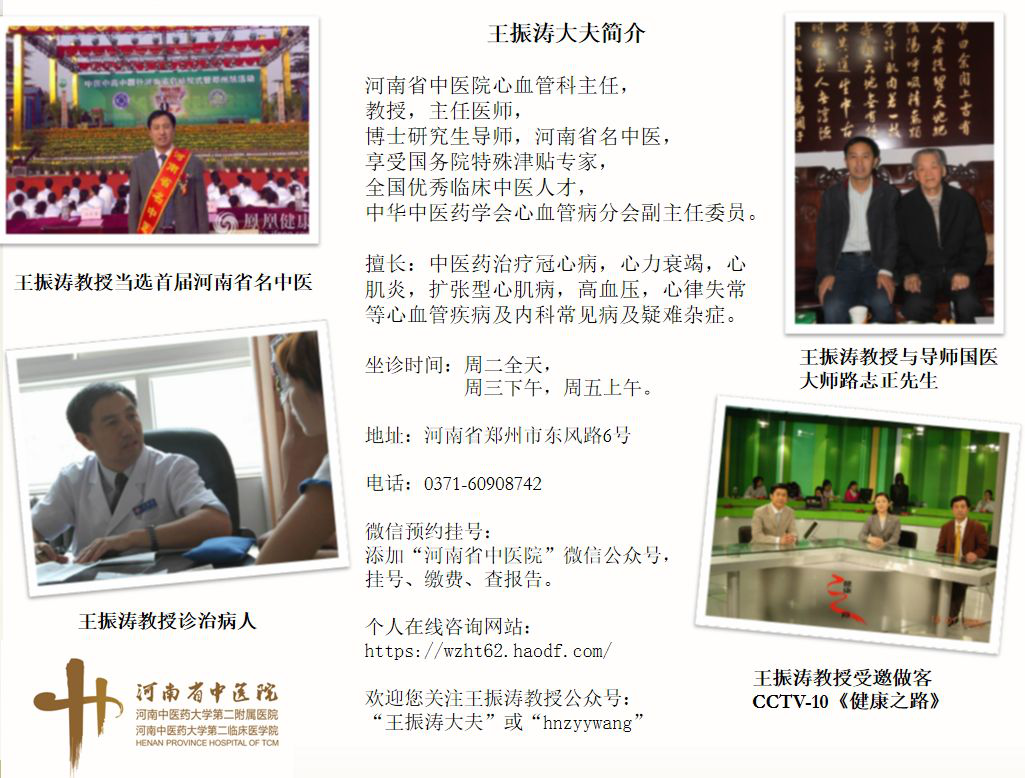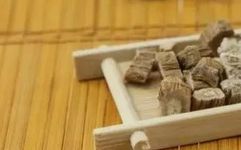
Friends who often visit TCM practitioners should know that in prescriptions, herbs such as Dang Shen (Codonopsis), Ren Shen (Ginseng), Huang Qi (Astragalus), Shan Yao (Chinese Yam), and Bai Zhu (White Atractylodes) are frequently seen.Are these herbs as commonly used as regular cold medicine?Yes, they are used even more frequently than cold medicine and are very effective because they share a common function: they supplement Qi.
Doctors often mention Qi, using terms like “Qi deficiency” and “Qi and blood deficiency,” as well as “excess liver Qi” and “deficient kidney Qi.” Although it may sometimes be hard to understand, it seems quite reasonable.
In fact, Qi is indeed very important. As Bian Que stated in the “Nanjing: Eight Difficulties”: “Qi is the root of a person; if the root is severed, the branches and leaves will wither.” Qi is the essence of life, and TCM believes that Qi accompanies a person throughout their life, influencing growth, development, aging, death, disease, and emotions. On the surface, these are changes in the body, but the root cause is the fluctuation of Qi.
As the saying goes, “A person lives by a breath of Qi.” We can even view a person as a breath of Qi. This Qi begins from the fetus; when it is abundant, a person is strong, and when it withers, a person becomes weak.
Every state of a person is related to Qi, including immunity. Many people want to enhance their immunity but cannot; in fact, it can be improved by supplementing Qi, and TCM believes that supplementing Qi is one of the fastest ways to enhance immunity.

So how exactly should one supplement Qi? Qi supplementation can be categorized into supplementing original Qi, spleen Qi, lung Qi, heart Qi, and kidney Qi.
01Supplementing Original Qi
Dang Shen, Ren Shen, Huang Qi, Shan Yao, Bai Zhu
Patients with high fever, those undergoing surgery, giving birth, or those on long-term antibiotics often suffer from significant damage to their original Qi. In such cases, Ren Shen can be taken in various forms, such as lozenges or tea, to help the body recover quickly. However, when using Ren Shen, it is advisable to drink plenty of water to enhance absorption and avoid overheating.
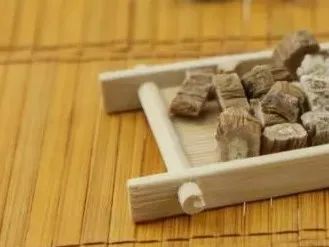
Recommended Formula: Bao Yuan Decoction
This formula originates from the “Complete Book of Jingyue” by Ming Dynasty’s Jiajing, consisting of Huang Qi, Ren Shen, Gan Cao (Licorice), and Rou Gui (Cinnamon). It primarily focuses on supplementing spleen Qi, lung Qi, and kidney Qi, which can be understood as preserving true Yang. Due to the strong nature of Ren Shen, Dang Shen is often used as a substitute.
Bao Yuan Decoction: Dang Shen 3g, Huang Qi 9g, Gan Cao 3g, Rou Gui 1.5-2g.
Among the herbs for Qi supplementation, Shan Yao is the most comprehensive. Shan Yao, with a sweet flavor and warm nature, enters the lung, spleen, and kidney meridians, and can supplement lung Qi, spleen Qi, and kidney Qi. Its properties are mild, and it serves as both a food and medicine, making regular consumption beneficial for health.
02Supplementing Heart Qi
Xi Yang Shen (American Ginseng), Hong Shen (Red Ginseng)
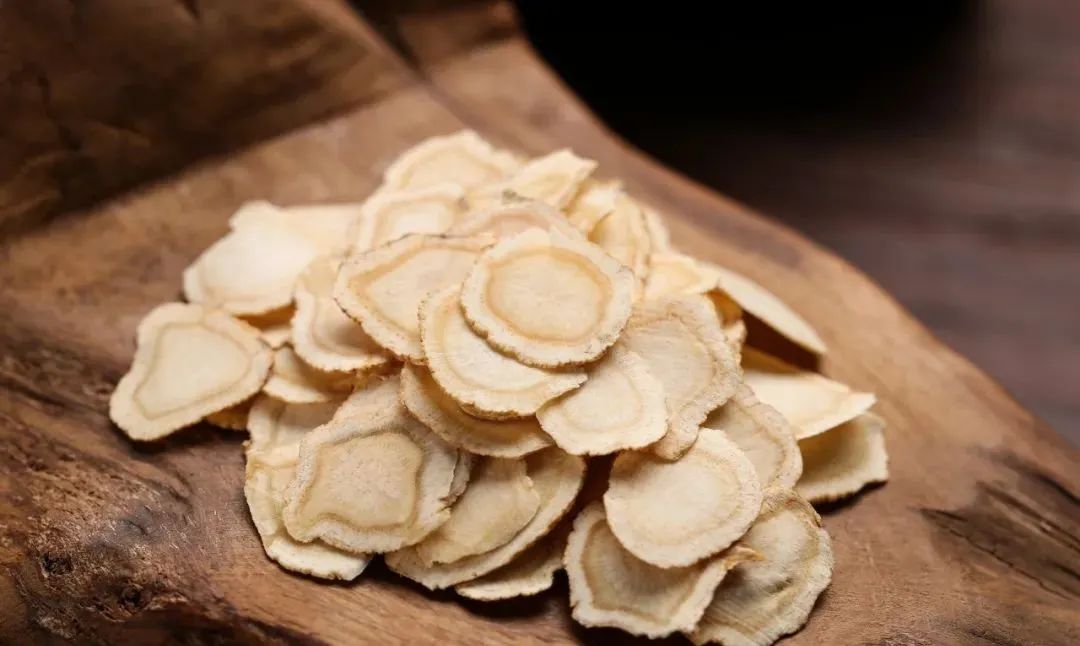
① Xi Yang Shen
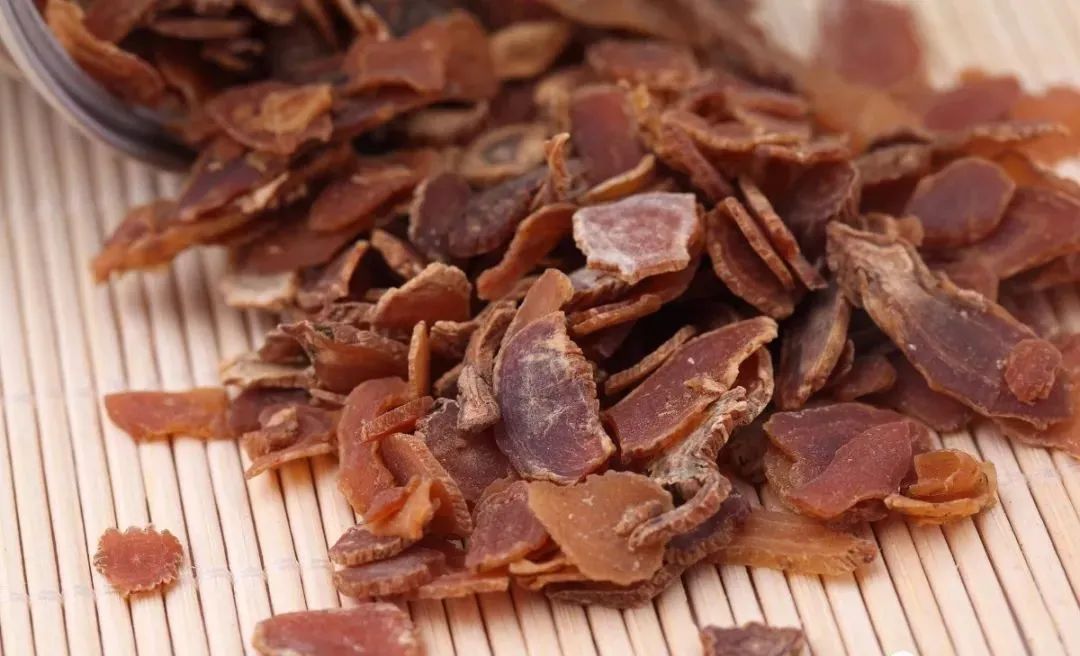
② Hong Shen
Overworking and fatigue can initially cause a rapid heartbeat, and if severe, may lead to palpitations and shortness of breath, which are signs of heart Qi deficiency. In such cases, Xi Yang Shen and Hong Shen are the first choices. Taking these heart Qi supplements early can help prevent premature heart disease.
03Supplementing Spleen Qi
Bai Zhu, Shan Yao, Bai Bian Dou (White Hyacinth Bean)
Spleen Qi deficiency is primarily characterized by abdominal distension, fatigue, poor appetite, and loose stools.
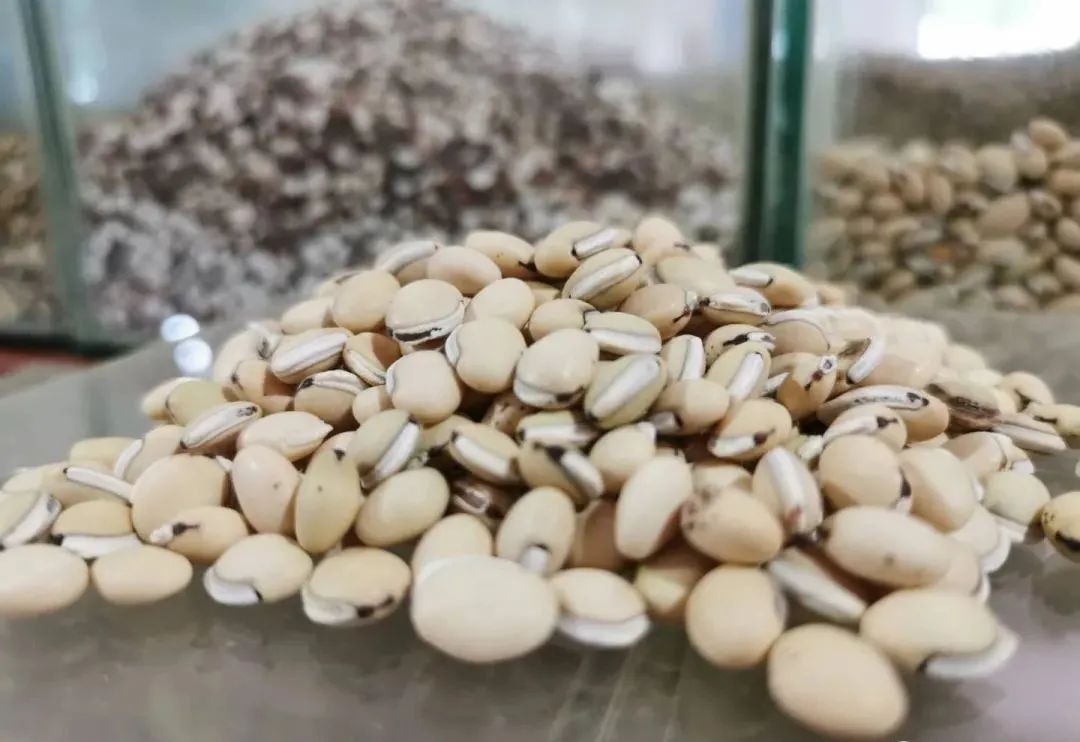
Such individuals often suffer from gastritis, and some may have conditions like gastric prolapse or uterine prolapse, which are manifestations of spleen Qi deficiency. The herbs for supplementing spleen Qi include Bai Zhu and Shan Yao, which can enhance spleen Qi. If the tongue coating is thick, adding some Bai Bian Dou can both supplement spleen Qi and eliminate dampness.
04Supplementing Kidney Qi
Gou Qi Zi (Goji Berries), Tu Si Zi (Cuscuta Seed), Wu Wei Zi (Schisandra), Jiu Cai Zi (Chive Seeds)
Kidney Qi deficiency is mainly manifested by symptoms such as lower back pain, fatigue, poor spirit, easy diarrhea, and lower back and knee pain, especially among the elderly, who are more susceptible to colds and may develop other complications due to kidney Qi deficiency.
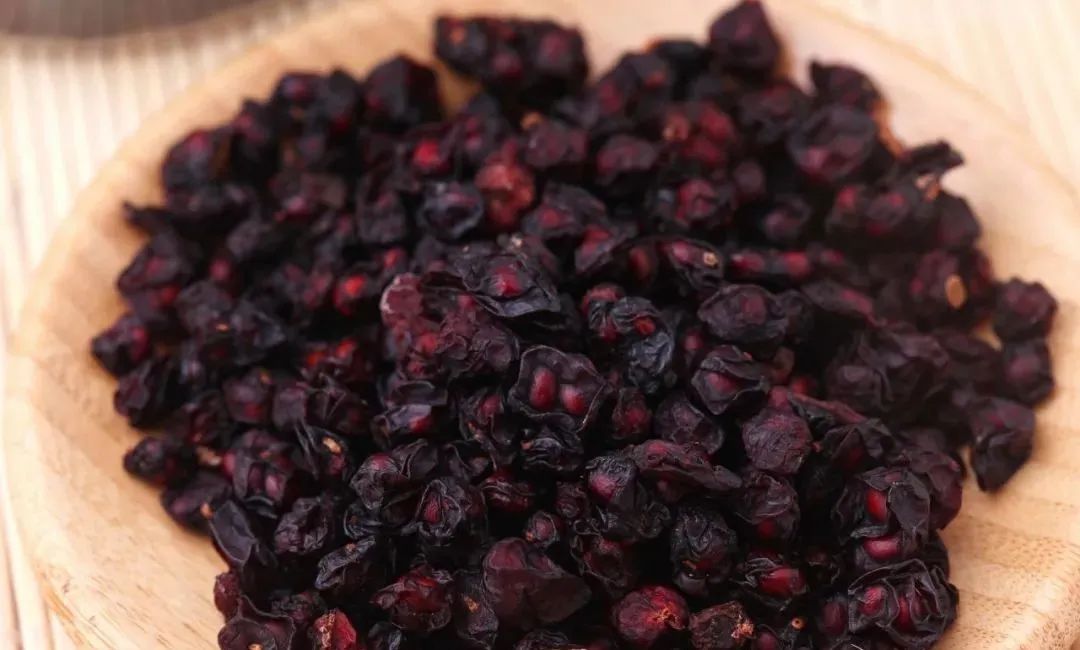
Wu Wei Zi
Other symptoms include a preference for strong flavors; elderly individuals may experience a sudden urge to urinate; low-grade fevers in the evening; involuntary leg shaking while sitting; cold hands and feet in spring; and night sweats.
05Supplementing Lung Qi
Gan Cao
Lung Qi deficiency is primarily characterized by weakness in speech, night sweats, insomnia, palpitations, and shortness of breath. In women, it may manifest as irregular menstruation, excessive or insufficient flow, or postpartum breast lumps.
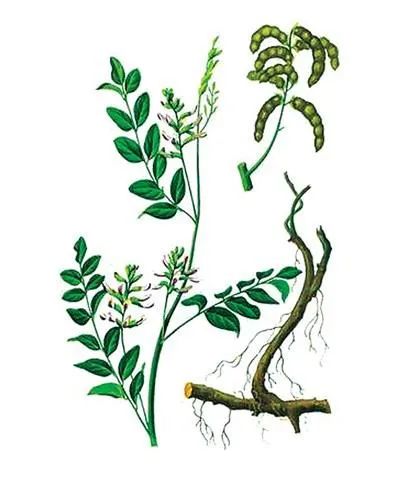
Coughing and wheezing are among the most common ailments today, which undoubtedly harm lung Qi and lead to lung Qi deficiency. Those suffering from cough and wheezing are likely familiar with Gan Cao lozenges, which not only relieve cough but also primarily function to supplement lung Qi. Thus, while alleviating cough and wheezing, supplementing lung Qi is also crucial.
Having discussed Qi supplementation, it is important to note that this does not mean that one can take supplements indiscriminately. Healthy individuals relying on Qi supplements to strengthen their bodies may disrupt the balance of Yin and Yang within, which can be detrimental to health. Therefore, it is essential to know how to supplement correctly to achieve a healthy body!
The above content is extracted from the internet, and I would like to express my gratitude to the original author!
